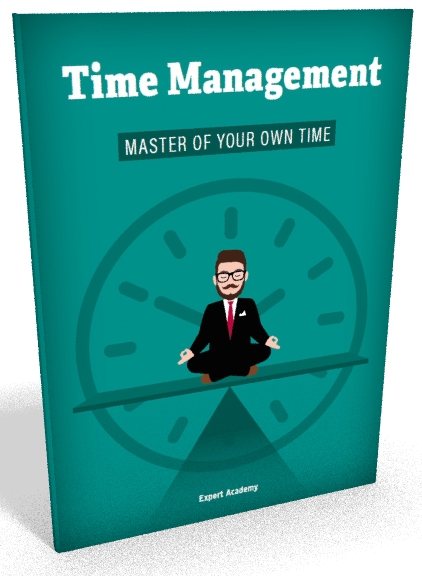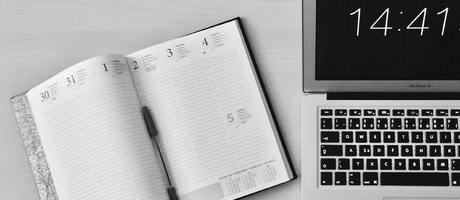Why multitasking is bad for your productivity

Do you recognize this situation? You're on the phone with a colleague and an urgent email comes in from a customer. Before you know it, you're answering the mail while on the phone. As our lives get busier and busier, we look for ways to combine tasks so we can get more done.
Technology has made multitasking so easy that we are increasingly tempted to do things at once with the illusion that we are saving time. Unfortunately, multitasking only costs you time, leaves you exhausted at the end of the day and increases the likelihood of mistakes or errors.
How bad is multitasking really?
Studies have shown that multitasking is actually non-existent. Your brain has difficulty handling multiple tasks at once. So what actually happens is that your attention starts switching between two or more tasks. Your brain has to constantly focus on something new and adapt to the other task. That constant switching between one thing and another creates a lot of turmoil in your mind. That's why you feel empty and lifeless at the end of a day of multitasking.
Why do we keep multitasking even though it's a productivity killer?
There is no doubt that multitasking is bad for the quality of our work: it increases the likelihood of mistakes and also makes us get our work done slower. One of the reasons we do it anyway is because we are addicted to the incentives and mental rewards we get when presented with a small or easy task. Think about reading an e-mail or the many notifications on your smartphone. After all, every time we do that, we experience a new stimulus, and that activates dopamine (the happiness hormone) in our brain. So you get an instant reward. And because our brain loves quick rewards, we are constantly looking for the next stimulus.
Our brain is triggered by these impulses and immediately concentration takes a dive.
How do you stop multitasking?
1. Don't start your day by checking your phone
While you may think that a quick glance at your phone in the morning won't hurt, it can be a major drain on your productivity. Checking your phone as soon as you wake up causes you to hop from one stimulus to another, and before you know it, you've lost half an hour. Start your day with your most important priorities and wait at least an hour before checking your phone.
2. Eliminate jammers and distractions
Turn off notifications from your email, chat and social media while you're at work. Consider setting aside time in your calendar to focus on important tasks. Also let colleagues know that so they don't disturb you. It's best to make agreements about this (for example, if I'm working with earbuds, I don't want to be disturbed).
3. Take breaks to reward yourself
Just because we have a need for reward, it's best to control this yourself. Instead of being a slave to your notifications, better set a specific time each day to check your e-mail, social media and instant messages. In fact, feel free to take a 10-minute break every hour. Also provide enough time for a lunch break. Your brain needs that rest and oxygen to be productive for the rest of the day as well.
4. Be willing to say no
Sometimes you find yourself multitasking because you've taken on a task that you don't really have time for. Don't be afraid to say no when asked to do extra tasks. Be aware of how much is on your plate and how long it will take to finish. If you can't fit more into your day, simply refuse with an assertive message.
5. Keep your workspace neat and organized
Clutter creates distractions and turmoil in your mind. Organize your workspace so you can optimally focus on one thing at a time. Put your phone and anything else you don't need right away out of sight so they don't demand attention.
Focusing on one task at a time can be difficult, but the benefits are worth it. You will make fewer mistakes, get more done and end the day with more satisfaction.
Want to develop a system to really get your work organized smoothly? Take a time management course. It will give you directly applicable techniques to tackle what is really important and get results faster.
 |
Be more productive with your time in your job and at home. Apply prioritizing techniques that save you |
|---|





